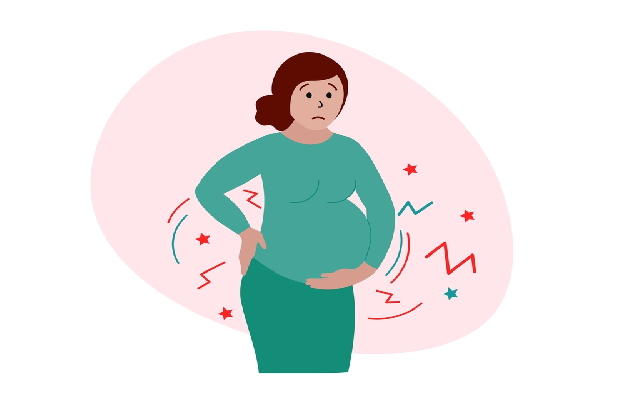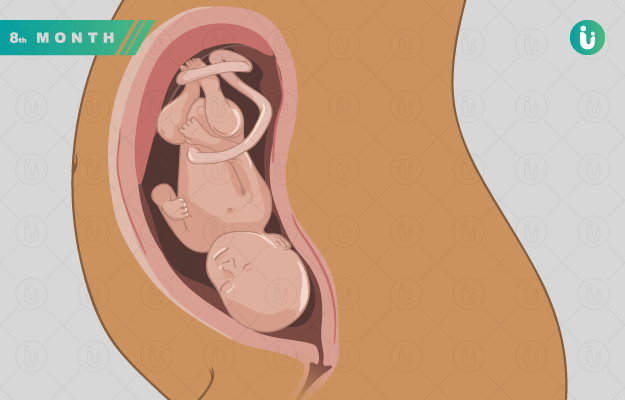Nearly 151 million women in the world use oral contraceptives or ‘the pill’ to prevent unwanted pregnancy according to a 2019 report by the United Nations.
Oral contraceptives are hormone-based pills that either contain both estrogen and progesterone or only progesterone. They prevent ovulation to avoid unwanted pregnancies. Different brands of pills have a different composition of hormones and they can come in a 21 or 28 day pack.
As per the International Federation of Planned Parenthood, oral contraceptives are about 92-99% effective and are therefore a reliable choice for women who are sexually active and certain that they are not pregnant.
However, despite the widespread use of these pills, there are a lot of myths and misconceptions associated with their regular use. In this article, we will debunk the most common ones.
(Read more: Birth control methods)















































